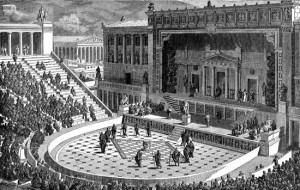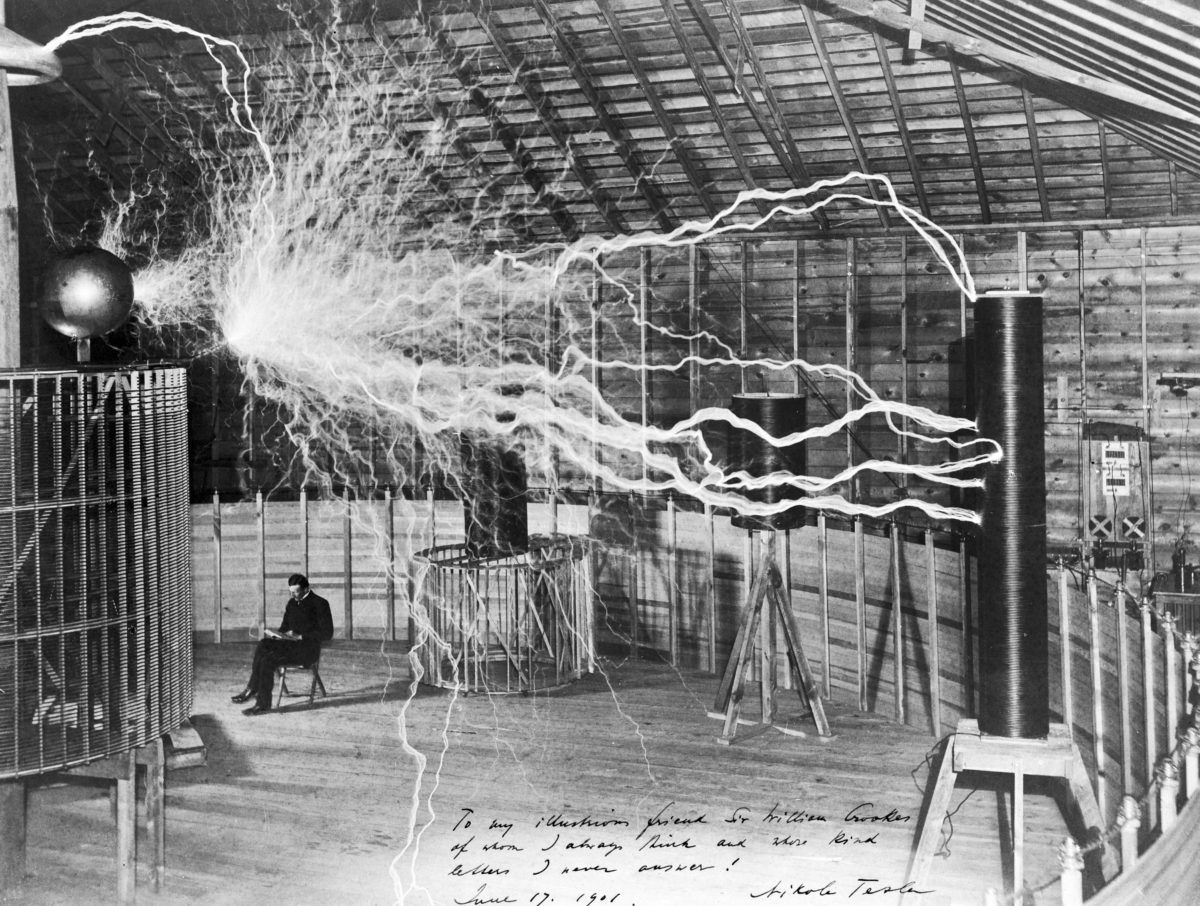submitted by jwithrow.
Let’s go back to ancient Athens.
Somewhere around 400 B.C., a man named Chaerephon asked the Oracle of Delphi if there was anyone alive wiser than Socrates.
The Oracle responded that there was no one wiser.
When he learned of this, Socrates suggested that his must be a paradoxical wisdom because he knew very well that he possessed no wisdom at all.
Socrates set out to interview the other men in Athens who were considered wise – statesmen and poets mainly – and Socrates found that each man did indeed consider himself to be quite wise. But Socrates did not find them to be wise at all.
Socrates determined that the Oracle was correct. He was indeed the wisest man in the land – but only because he was aware of the fact that he possessed no wisdom at all.
Socrates was quoted as saying “All I know is that I know nothing”.
It was this paradoxical wisdom that enabled Socrates to both learn with an open mind and to develop the Socratic Method of problem solving based on logic. Socrates was able to admit that he lacked wisdom and because of this he dedicated his life to the pursuit of knowledge and wisdom. In this pursuit of knowledge and wisdom, Socrates discovered a profoundly higher purpose.
This was demonstrated in Plato’s account of Socrates’ self-defense at his public trial in 399 B.C. The charges brought against Socrates were corrupting the youth and impiety – the penalty for which was death. The trial took place in the People’s Court located in the agora (city square) of Athens. The jury consisted of 500 adult men, each 30 years old or older.
In his trial, Socrates demonstrated to the jurors that their moral values were misplaced because they were each primarily concerned with money, status, and politics whereas they should be primarily concerned with the welfare of their souls.
“Men of Athens, I honor and love you; but I shall obey God rather than you, and while I have life and strength I shall never cease from the practice and teaching of philosophy, exhorting any one whom I meet and saying to him after my manner: You, my friend, a citizen of the great and mighty and wise city of Athens, are you not ashamed of heaping up the greatest amount of money and honor and reputation, and caring so little about wisdom and truth and the greatest improvement of the soul, which you never regard or heed at all?”
We share this brief interpretation of Socrates’ philosophy because we think that there is tremendous value found in the paradoxical wisdom concept.
How often are we inclined to think that we have all the answers and that our way is the only correct way? How often do we tend to ridicule and look down upon others who do not share our way of thinking? How often do we impede our own ability to learn with an open mind because of our tendency to believe in our own wisdom?
Paradoxical wisdom is the key to humility. Those who think that their way is the only way tend to be arrogant and rude towards others. They simply do not know that they do not know.
We suspect that this is what Christ meant when he said, according to Matthew, “Amen I say to you, unless you be converted, and become as little children, you shall not enter into the kingdom of heaven”.
And we suspect that in just the same way this is what is meant in Hinduism, as translated from the Upanishads: “The Brahman is unknown to those who know it and known to those who know it not”.





